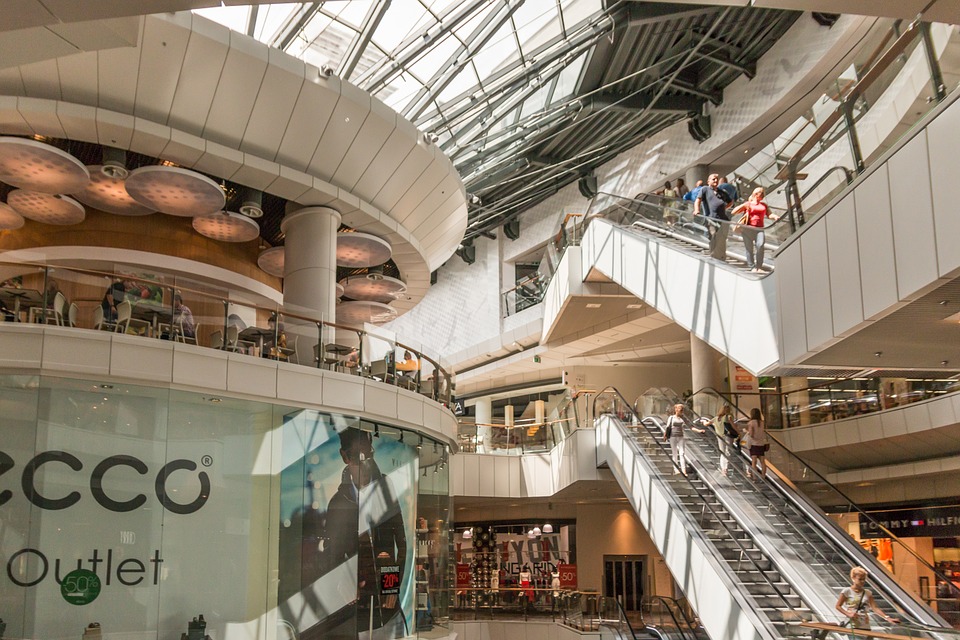PUBLICATION: Goldendale Sentinel, WA print edition

Last week, a security guard was trampled to death at a Walmart in New York. There, beneath a mass of a 2,000 shoppers, a man lost his life to a mad stampede of pounding elbows, knees, and feet.
CBS News reported items on sale at that particular Walmart during the infamous “Black Friday” rollbacks included a Samsung 50-inch Plasma HDTV for $798, a 10.2 megapixel digital camera for $69, and a Bissel Compact Upright Vacuum for $28.
The last one I find particularly upsetting and I have chosen to more or less ignore it—I’m not ready to accept Americans will kill a human being for a $28 vacuum.
Please don’t get me wrong. I’m not suggesting these people are animals or “savages,” as some have implied in the media. The fact is, many of them were shopping for loved ones and crowd mentality can overtake a group with jarring swiftness.
Yet the scope of this tragedy cannot be overstated. Aside from the obvious heartbreak that comes with any loss of life and the searing guilt these individuals will have to deal with as reality sinks in, there is a slower tragedy—one that is occurring every day:
As a society, we are gradually being consumed by our consumption.
This is not to bash modern life, but I feel strongly about this and would like to emphasize it with a quick story.
Before coming to Goldendale, I spent about three years living in Central America. The first year, without a doubt, was a little rough. (I now refer to it as my “adjusting” period).
One of the biggest adjustments was immersing myself in a lifestyle that spends virtually no time at all purchasing new things, shopping, or consuming much of anything, aside from fresh air and cheap rum on the weekends.
I discovered weeks could go by without a single purchase beyond a toothbrush or tube of toothpaste. Everything I needed was within a few dirt-path blocks: produce at the market, rice and grains, a place to buy shampoos and soaps.
After a while, it began to drive me mad: I wanted something to buy. I would spend my weekends riding the bus an hour away to the closest town, where I would run errands and check off my “to-do” list.
I remember one morning very clearly, about six weeks in, when my friend and coworker, Nacho, arrived at my house to go to the beach.
“I can’t go,” I told him. “I have to buy a hammer.”
He looked at me with total and utter confusion—the kind that comes from an impenetrable cultural clash. He then tried sensitively to explain to me he had a hammer I could borrow.
“Nope, Nacho. Thanks, but I have to go.”
And off I skipped, tote bag in hand, where I happily (or so I thought) spent a hot and sticky day racing around Liberia, sweating, and making lists while he and his other Costa Rican friends played on the beach and relaxed in the sand, as they do every chance they get.
In the months and years that followed, I learned to relax a little and over time I indeed loosened up. The hammer has subsequently become symbolic of that mindset: this mistaken belief that buying things makes one happy.
It used to be that when I nailed a picture of a cool image or idea to my wall, on some level I’d start believing I was that image or idea, which of course is completely ill-conceived. When you nail your beliefs to a wall, place them on a coffee table, or plaster them across a 50-inch plasma TV, that is where they remain—outside of you.
I’ve found now that if I fill my mind with all those smart books on the shelves, I actually become those thoughts I see symbolized. Likewise, if I fill my ears with incredible music or eyes with amazing cinematography, I become those things too. I don’t have to own them anymore.
This holiday season, let’s try not to get caught up in all that cliché consumerism which has come to sound like a catchphrase, but is in fact very real.
When we get rid of the external junk and are left with only our mind and body, there is no place for our values to reside except right there inside of us.
This article was originally published in the Goldendale Sentinel newspaper. Goldendale, Washington. Photo with permission from Pixabay.



